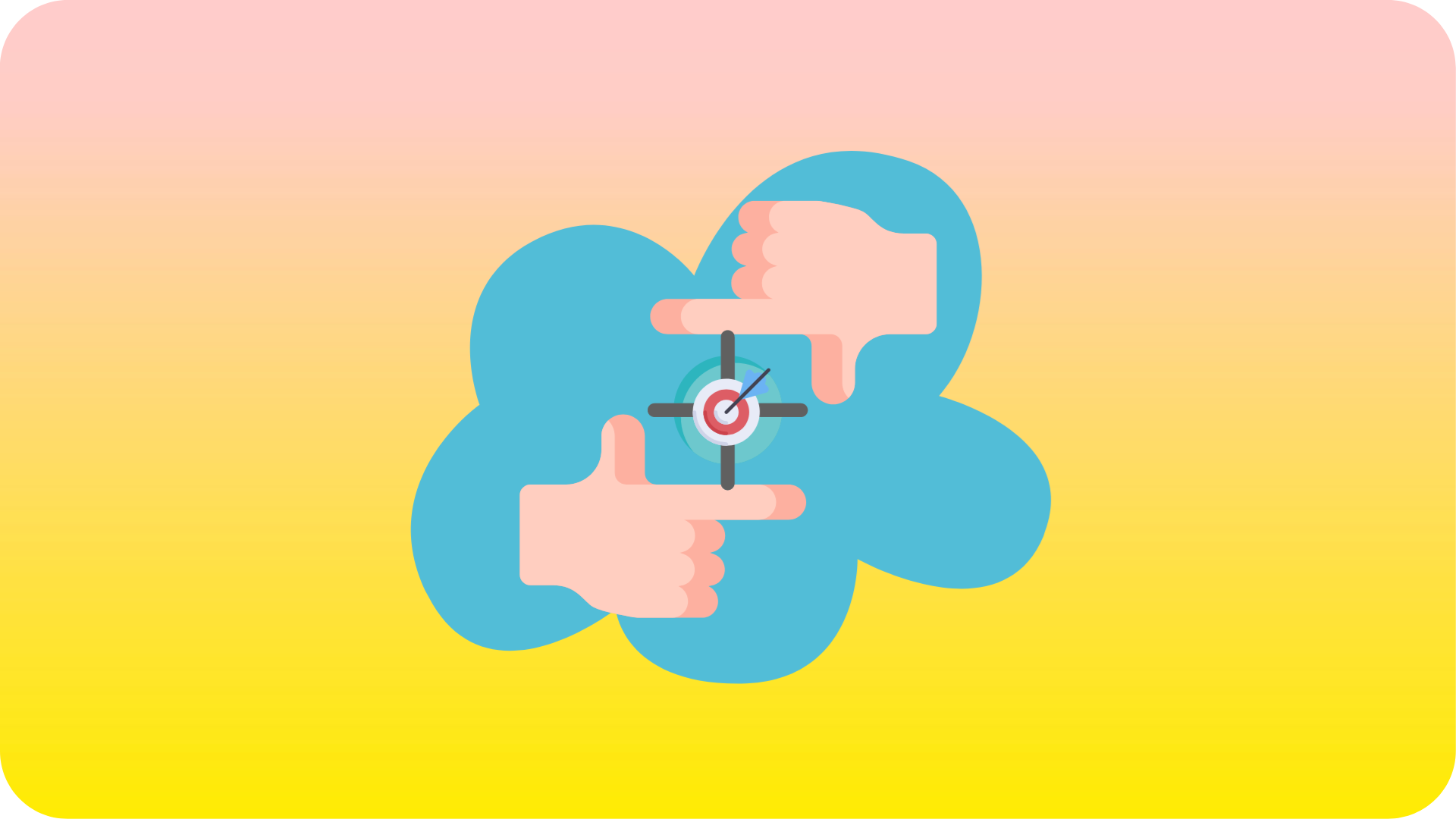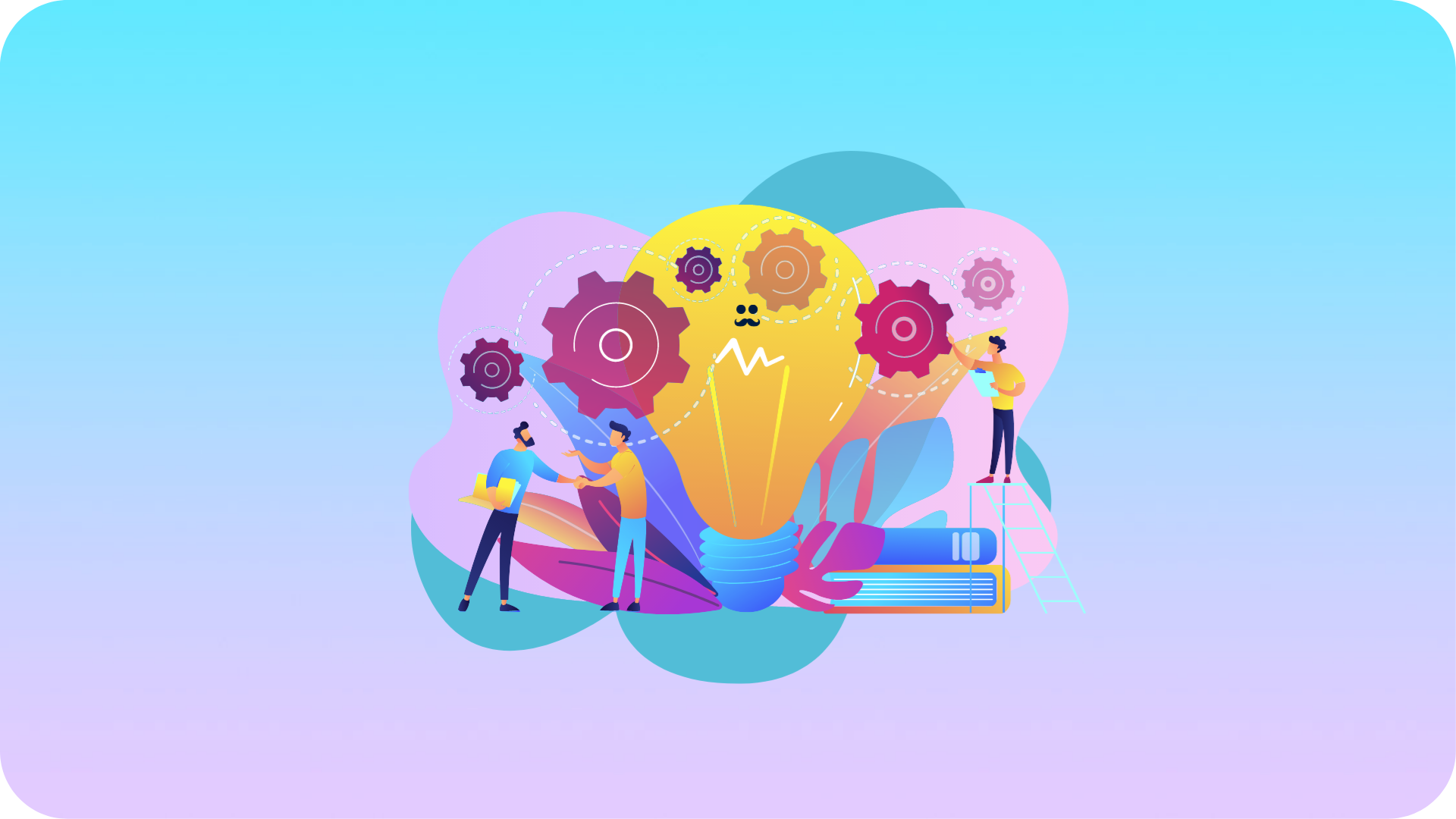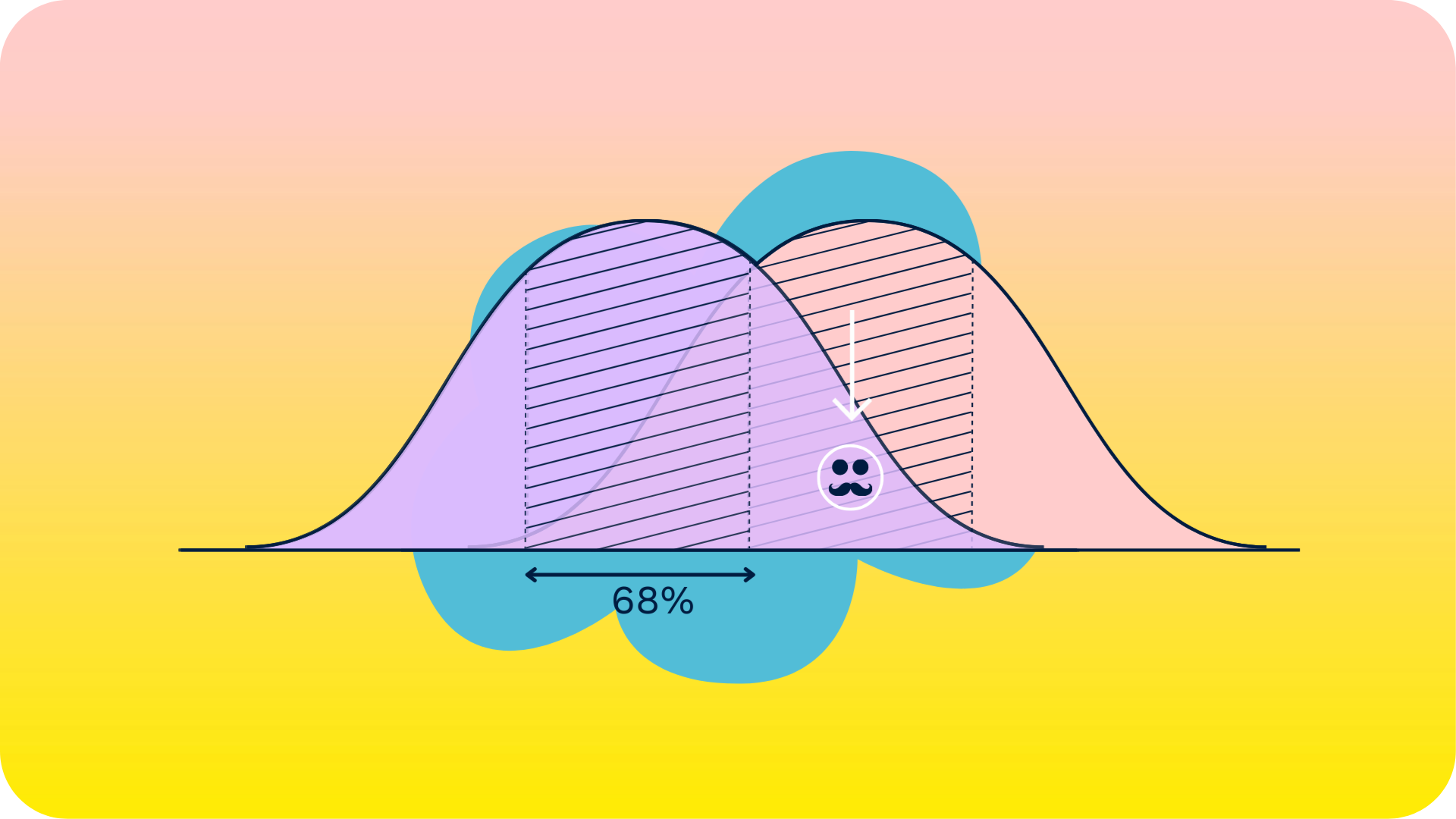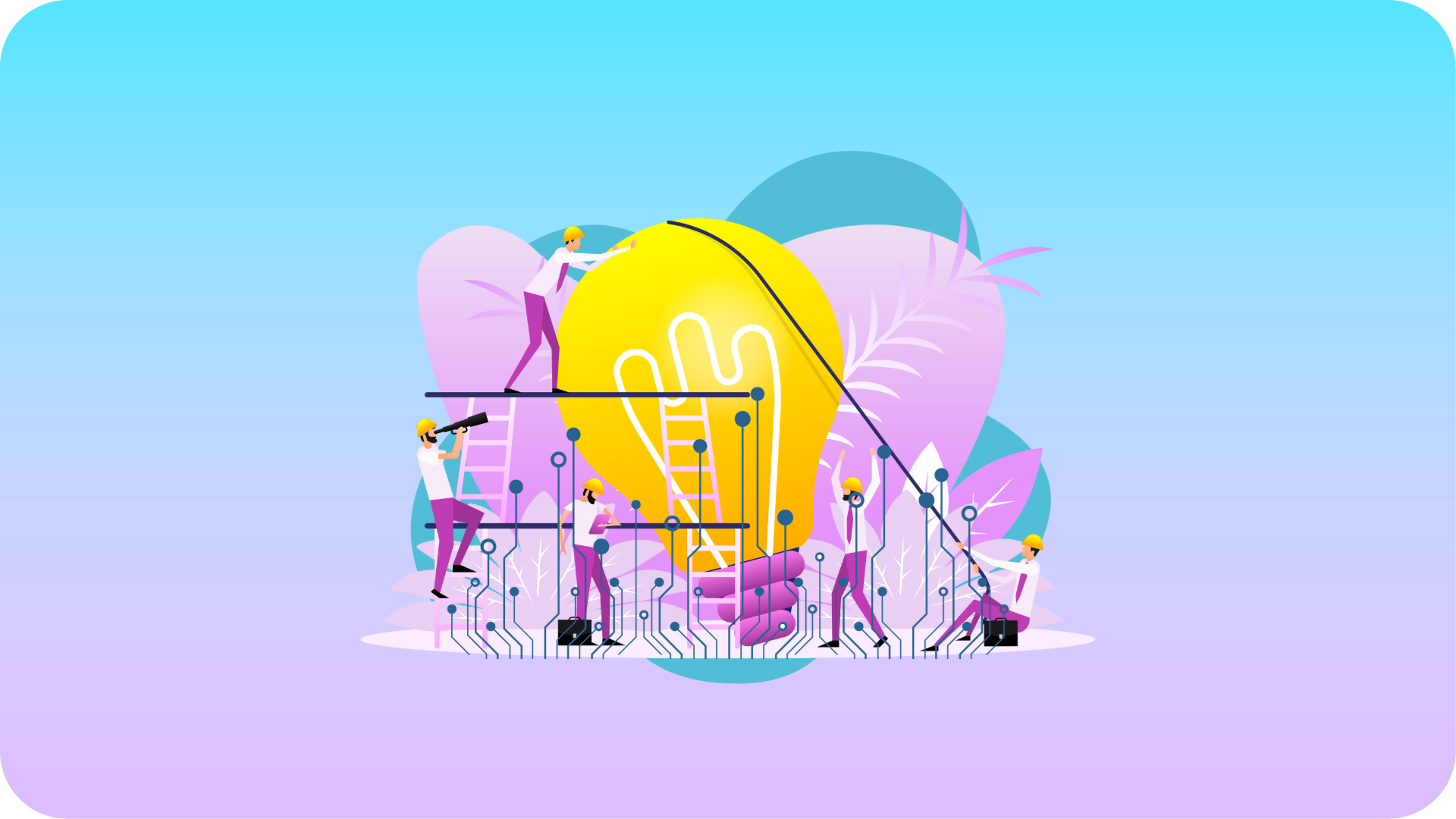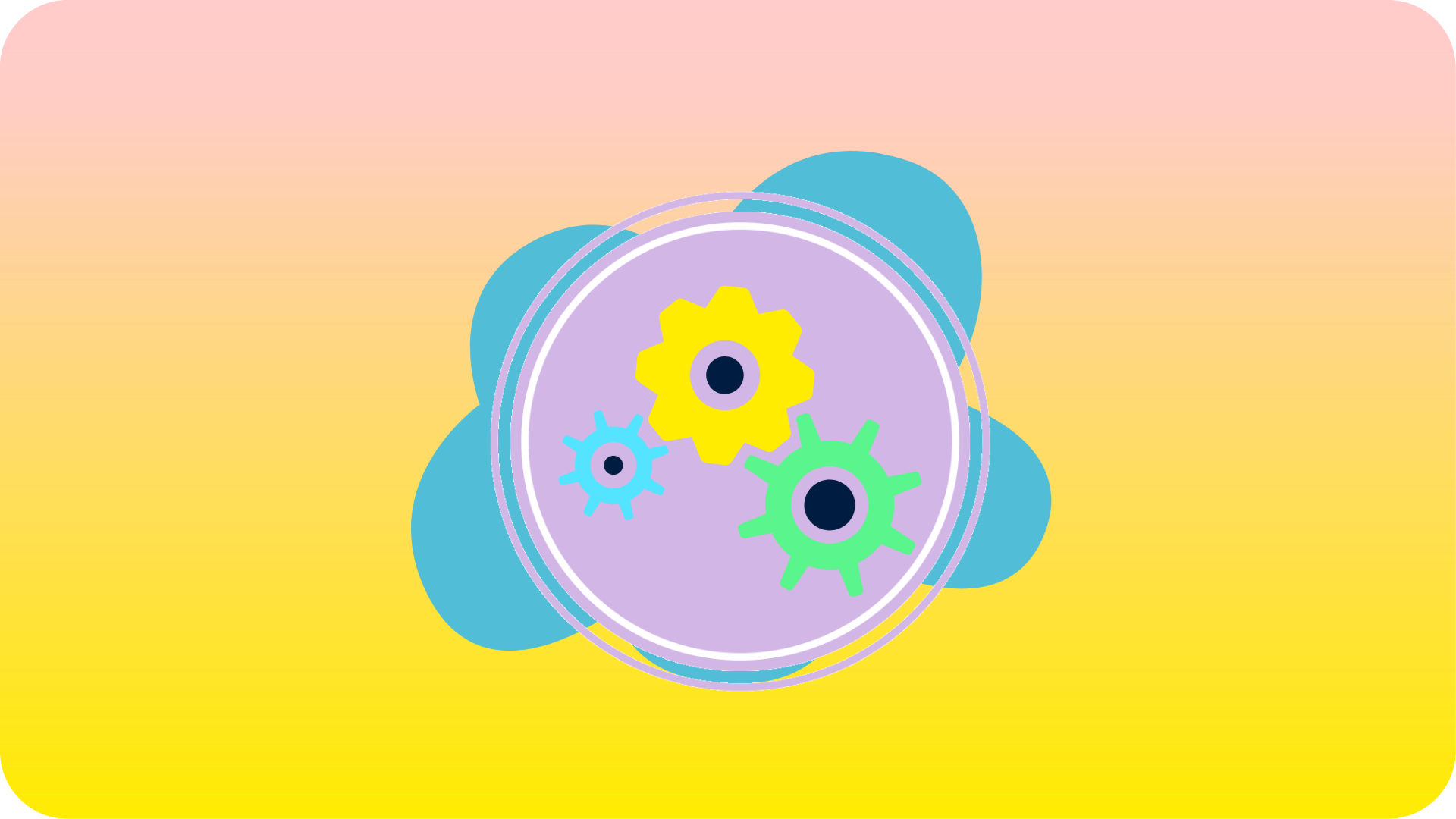Leaders who dare to embrace discomfort now, are the winners of tomorrow.
Every organization feels the need to ‘do something’ with ChatGPT and AI. But how do you make an informed decision about anything so unpredictable? By experimenting and making mistakes. Nevertheless, many leaders don’t know how to do that. Making mistakes also means letting go of the familiar and embracing chaos – which feels pretty uncomfortable.
While a former Google executive issues warnings about the developments in AI applications and another Google AI pioneer is leaving the company out of fear that his employer is creating a monster; Silicon Valley is experiencing a true gold rush around artificial intelligence business models. The contrast between the warnings and the thirst for wealth couldn’t be greater. Yet, the desire to see the positive aspects of technological developments is stronger than the desire to see the threats.
“the desire to see the positive aspects of technological developments is stronger than the desire to see the threats.”
This often happens. We dismiss the dangers and become overconfident, also known as the overconfidence trap. This was also the case with social media, where we mostly saw the good sides. The addiction, the loneliness among young people, and the spread of conspiracy theories were less relevant. Vacation rental site Airbnb was seen as a great connector between different nationalities. The fact that some neighborhoods in major cities lost their soul because residents were more focused on making money than on human connection, was unforeseen.
Trade-offs
The same thing is now happening with AI. Every organization wants to be part of the development, “otherwise, we’ll fall behind,” but top management simply cannot make a decision that takes into account all the consequences of this development, despite all the warnings. This is partly because complex scenarios create trade-offs – conflicting outcomes where something is gained on one side and something is lost on the other. It becomes challenging to make the right decision in such situations.
Strategy is an everyday experience. It’s not about a predetermined plan that is executed with precision. It’s better to create various future scenarios and adjust along the way based on what happens. Historical data is lacking, and we need new data, but nobody can predict it. Leaders who force themselves to look beyond today, embracing the different possibilities in the future, are the winners of tomorrow.
A human being simply cannot see the entire playing field today. “What you see is all there is” – writes Daniel Kahneman in his book “Thinking, Fast and Slow,” because looking beyond our own field of vision is difficult. Despite this lack of knowledge, we readily believe that we make rational and objective decisions, as stated in the Harvard Business Review article “The Hidden Traps of Decision Making.” This belief stems from the trust in what we do know: everything we have learned in the past.
“It's better to create various future scenarios and adjust along the way based on what happens”
Behavior also changes
The prediction of our behavior is where things often go wrong. Looking at drawings from the 1970s depicting our current years, one can see that technological developments were accurately predicted. Cooking with an iPad, video calling, self-driving cars—all have come true. Technically, we can relatively easily predict technological advancements. However, societal developments are not reflected in those drawings. We still see the woman cooking (wearing an apron), the man smoking and working, and the children not looking at screens but playing.
Senior managers who, despite their lack of knowledge, can still flexibly respond to the unforeseen impact of technology do so by realizing that there is always something to be learned – no matter how brilliant they may think they are. Those who think they already know everything are content with lessons from the past but also stop growing. Those who are open to the next lesson adopt a growth mindset, as Carol Dweck of Stanford University calls it, and are capable of growing along with the future.
Moreover, learning together as a team allows us to eventually see the connections between developments, rather than seeing them as a linear sequence of cause and effect. Currently, decisions are often made based on a snapshot, while everything is interconnected. That’s why it’s crucial to make the knowledge gained applicable in the workplace immediately. With a bit of luck, this will lead to more mistakes and lessons that can be used in the future; learning is a continuous process.
“it's crucial to make the knowledge gained applicable in the workplace immediately.”
Experimenting
Recently, learning has become more common in government institutions. That’s why legislation is being developed in Brussels to guide AI in the right direction. Similarly, bike couriers didn’t simply have free rein in major cities; municipalities were somewhat prepared due to the issues with Airbnb and took action. Past mistakes ensure that policymakers are well-prepared and have learned from them. The only drawback is that the consequences of those mistakes have been significant.
Learning in small steps, or experimenting, is less harmful. Those who think systemically understand that small targeted actions can have an effect. The advantage of this experimentation is that the risk remains low, and leaders are not overwhelmed by the complexity of the problem in the midst of their busy schedules; they can adjust in a timely manner. The small wins, as organizational theorist Karl Weick calls them, can be stacked like building blocks to form a solid foundation and eventually have a significant impact.
Conclusion
This approach means that many leaders need to let go. Let go of a way of working where they rely on their knowledge and past experience, yet embrace the different possibilities in the future. What they already know counts less; they need to be open to new knowledge by making mistakes and experimenting. Now, mistakes weigh heavier than successes. Making a small mistake each time can cause uncertainty and stress, leading us to fall back into our old habits and cling to our ideas based on past knowledge. This rationality may provide a sense of security, but it does not lead to a futures-ready existence.

Written by Franka Rolvink Couzy
Leadership & Change expert
